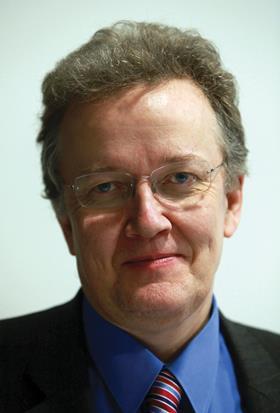A prisoner must be able to speak honestly to a psychiatrist without fearing that what they say will trend on Twitter, the chair of the Parole Board has said in a speech to 'set the record straight' about the broader issues raised by the John Worboys case.

Professor Nick Hardwick told the Faculty of Forensic Psychiatry annual conference yesterday that there are 'some very powerful constraints' to keeping some parts of the parole hearing process closed. The Parole Board currently has a statutory duty that prevents proceedings being disclosed.
Parole hearings are designed to encourage candour, Hardwick said. 'A sex offender needs to talk honestly to their psychiatrist or psychologist about their offence and their sexual feelings. A psychiatrist's report to the Parole Board will be based on those interviews and at the parole hearing the panel will question the prisoner in detail about that. That process can't happen if a prisoner thinks there is a risk that what he says will become a media headline or start trending on Twitter.
'By the same token, we need psychiatrists, psychologists and others to give us their honest, independent opinion. An opinion about likely future behaviour - not a factual description of past events. We should be very careful to ensure that those experts do not face being hounded by the press or in social media, with severe personal and professional consequences, because the opinion they express is unpopular.'
Many parole hearings contain substantial evidence about the prisoner's mental health, and often deal with personal information about the victims and other parties, Hardwick added.
Highlighting practical contraints, the Parole Board chair said most hearings are held in a small meeting room inside a prison. 'It is hard to see how you could let the public in even if you wanted to. And anyone familiar with prison video links will know that at present at least, that is not a reliable alternative,' he said.
Hardwick, who has long called for greater transparency of the parole system, suggested that the board should produce a detailed summary - but withholding certain personal information - of the reasons for its decisions.
Two victims are challenging, via judicial review, the Parole Board's decision to release Worboys. A full hearing will take place on 13 and 14 March. Whatever the outcome, Hardwick said he hoped the Ministry of Justice's transparency review will lead to 'significant change'.



























No comments yet